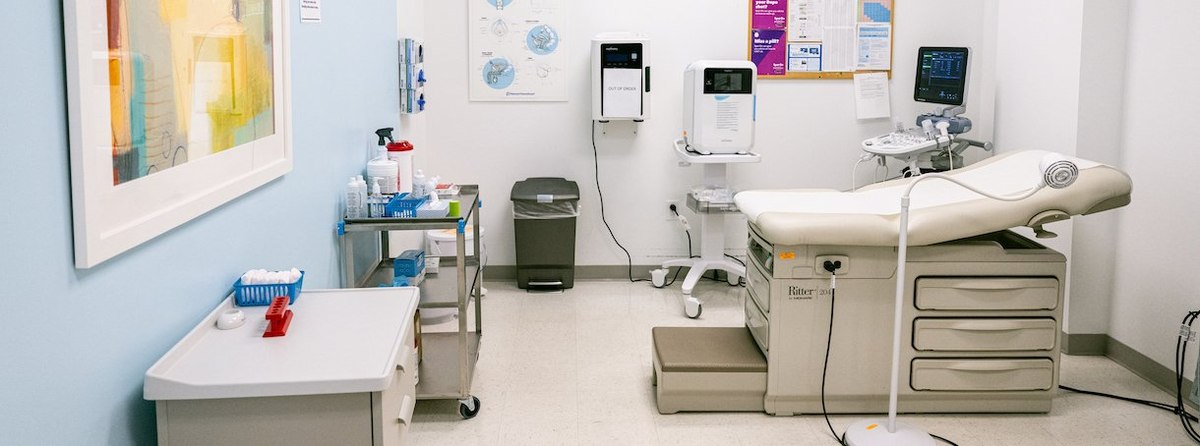The Supreme Court’s overturning of Roe v. Wade passed the question of abortion policy to the states — or potentially Congress and the President, to the extent they are willing and able to act. YouGov polls conducted over the past month have measured support for a range of proposals made in the wake of the Dobbs decision.
Overwhelmingly, we find that the least popular abortion policies are also the most punitive and restrictive of people who have abortions and their providers. The most popular policies are ones that involve national protections on abortion or measures that expand access to it. Our polling shows that at least half of Americans support the following:
- Legalizing abortion when the woman's health is endangered by her pregnancy
- Legalizing abortion in the case of rape or incest
- A law ensuring that people who experience pregnancy losses are not subjected to government investigation for possible illegal abortions
- Legalizing abortion in the first trimester
- Increasing protections around the kind of digital health data that could be used to prosecute people who have abortions
- Encouraging lawyers to help people who want to provide or have legal abortions
- Establishing a national right to abortion
- Companies providing assistance to employees to have abortions in other states that wouldn't be allowed in their home state
- A law in states where abortion is legal which protects providers prescribing abortion medication across state lines
- Pressuring states to cover Planned Parenthood with their Medicaid programs
More Americans also support than oppose the following measures (though a majority neither favors nor opposes them), all of which expand abortion access:
- Dropping remaining FDA restrictions on providing pills that are used in medication abortions
- Big companies with offices in multiple states paying moving costs for employees who want to leave states where abortion is banned
- States where abortion is legal investing money to provide abortion services for people who seek abortions there from out of state
- A law in states where abortion is legal that prevents authorities from adhering to another state’s request to investigate or punish anyone involved in facilitating a legal abortion
The only policy on which Americans are nearly evenly split is the government providing financial support to people crossing state lines for abortions.
Of the 23 measures examined, the policies which rank lowest in support among Americans are those that make getting an abortion more difficult. Each of the following is supported by fewer than one in four Americans:
- A law banning communication over the phone or on the internet about abortion medication
- A law preventing people living in states that ban abortion from traveling to other states to seek abortions
- A law allowing private citizens to bring a lawsuit against anyone who performs or assists someone in getting an abortion
- A law banning abortion nationwide
Do men and women differ in regard to the abortion policies they support?
Women are equally or more likely than men to support every measure polled that expands abortion access. The reverse is true for abortion-restricting measures: Men are equally or more likely than women to be in favor of each of them.
Women are at least 10 percentage points more likely than men to support:
- Establishing a national right to abortion
- Pressuring states to cover Planned Parenthood with their Medicaid programs
- Providing financial support to people crossing state lines for abortions
Men, on the other hand, are 11 percentage points more likely than women to support banning abortion and 7 points more likely to back mandatory psychiatric commitment of women who have abortions.
— Carl Bialik contributed to this article
The polls analyzed in this article were conducted from June 25 - July 12, 2022. Explore more on the methodology and data for these polls.
Image: Jon Cherry / Stringer via Getty Images











